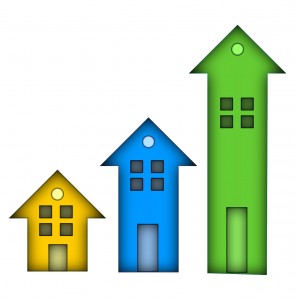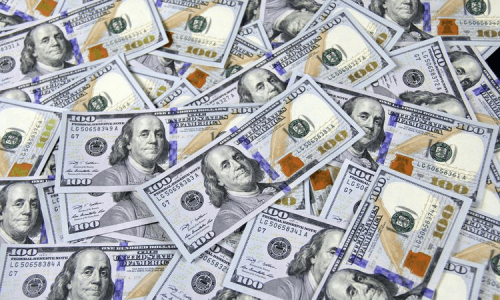-
Lot Size9,584 sqft
-
Home Size4,070 sqft
-
Beds6 Beds
-
Baths5 Baths
-
Year Built2001
-
Days on Market37
Your Guide to Mortgage Loans
- Real Estate Tips
- Coldwell banker Encinitas, Encinitas real estate agent, home buying advice, Linda Moore, Linda Moore with Coldwell Banker, real estate agent in encinitas, real estate tips
- September 17, 2015
Fixed-Rate
These mortgages have the same interest rates for the length of the loan, which means your monthly payment will also never change. Although this guarantees stability as payments will never raise over time, the downside is that your interest rate will also never lower with the market. Fixed-rate mortgages are available for 10, 15, 20, 25 or 30–year terms.
Adjustable-Rate
Adjustable-rate mortgages, or ARMs, has a variable interest rate that can change throughout the repayment term. The interest rate can move up and down depending on the major mortgage index (such as the MTA, Libor, COFI) it is associated with. An ARM is the best option for short-term homeowners, because the interest rate is fixed for the first few years at what is called a teaser rate, which basically means a lower rate. After the teaser rate period has passed, then your interest rate will adjust yearly for the remaining loan term. Many homeowners simply refinance the loan into another ARM after this period has ended, which starts the process over with another lender.
Jumbo
Jumbo mortgages are loans that exceed the limits put in place by Freddie Mac and Fannie Mae, which begin at $417,000 and extend to $2 million or more in some counties. It’s a little more difficult to qualify for this type of loan: borrowers need at least 6 months’ worth of mortgage payments set aside before even closing, and credit requirements usually mandate a score over 700. However, interest is tax-deductible on jumbo loans, and rates are lower than any other type of mortgage. Potential homeowners seeking high-end, larger homes are most likely to benefit from this type of mortgage.
FHA
FHA mortgages are insured by the Federal Housing Administration and are attractive to many buyers due to lower down payment requirements and flexibility for those with poor credit. In order to secure an FHA mortgage, the buyer must go through an FHA-approved lender. The FHA also offers options like deferral and forbearance for those going through financial hardship.
HARP
HARP, which stands for the Home Loan Affordable Refinance Program, is designed so eligible homeowners can refinance to a lower mortgage rate. HARP mortgages are backed by Freddie Mac and Fannie Mae, and allows borrowers to refinance even with zero or negative equity in their homes. However, one drawback is that although interest rates are lower, closing costs may end up costing more than you’ll end up saving.




